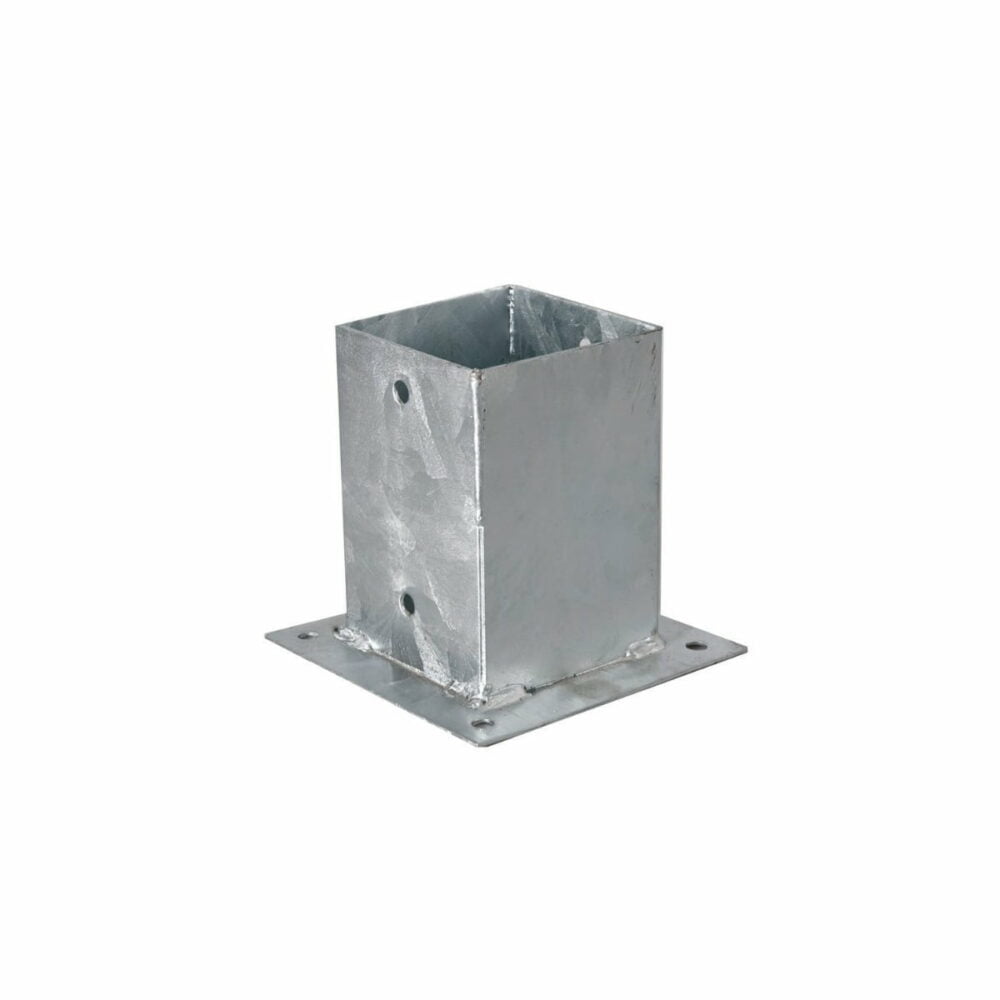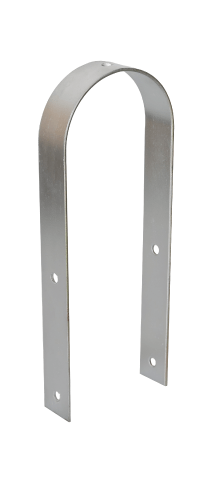- ACCESSORI PER CASETTE IN LEGNO48 prodotti
- ATTREZZATURE PER L'ORTO6 prodotti
- BORDURE E STECCATI IN LEGNO9 prodotti
- CAMPING POD IN LEGNO2 prodotti
- CAPANNI DA GIARDINO2 prodotti
- CASETTE IN LEGNO DI ABETE GREZZO53 prodotti
- CASETTE IN LEGNO IMPREGNATO IN AUTOCLAVE21 prodotti
- CASETTE IN POLIETILENE E COMPLEMENTI12 prodotti
- CHIOSCHI IN ABETE GREZZO2 prodotti
- GIOCHI DA ESTERNO PER BAMBINI14 prodotti
- GRIGLIATI E FIORIERE IN LEGNO22 prodotti
- PALI IMPREGNATI IN AUTOCLAVE44 prodotti
- PAVIMENTAZIONI IN LEGNO2 prodotti
- PERGOLE GAZEBO E CARPORT15 prodotti
- PISCINE IN LEGNO5 prodotti
- PROFILI E TAVOLE IMPREGNATI IN AUTOCLAVE14 prodotti
- RECINZIONI IN LEGNO7 prodotti
- RELAX IN GIARDINO10 prodotti

STAFFA BICCHIERE QUADRA cm 7×7
€ 14,64
EAN 8057457150835
ZINCATO A CALDO – IDEALE PER GAZEBI E PERGOLATI
DIM. cm 7,0×7,0
Disponibile
EAN 8057457150835
ZINCATO A CALDO – IDEALE PER GAZEBI E PERGOLATI
DIM. cm 7,0×7,0
SCARICO CON SPONDA IDRAULICA COMPRESO
| Peso | 1 kg |
|---|---|
| Dimensioni | 9 × 9 × 15 cm |





Eli –
Hydroquinone: Uses, Safety, Risks, and More
Hydroquinone is a chemical compound that has various applications in different industries.
Below are some key points about its uses, safety considerations, and potential risks.
###
Uses of Hydroquinone
Hydroquinone is commonly used:
In the production of antifungal agents
As a antioxidant in pharmaceuticals
In the synthesis of various organic compounds
As a reducing agent in chemical reactions
In the manufacture of resins and polymers
###
Safety Considerations
When handling hydroquinone, it is important to follow
safety guidelines:
Use protective gloves and eyewear to prevent skin and eye contact.
Work in a well-ventilated area to avoid inhaling dust or vapors.
Avoid prolonged exposure to the compound
as it can be irritating to the skin.
Pregnant women and individuals with certain medical conditions should consult a healthcare professional before use.
###
Potential Risks
Hydroquinone may pose the following risks:
Allergic reactions or skin irritation in some individuals.
Potential toxicity if ingested or inhaled in large quantities.
Reactivity with certain chemicals, leading to hazardous reactions.
###
Conclusion
Hydroquinone is a versatile chemical with significant applications across
multiple industries. While it offers numerous benefits, it also requires careful handling due to its potential health and safety risks.
Always refer to safety data sheets and guidelines for
proper usage and storage.
What to know about hydroquinone
Hydroquinone is a versatile ingredient found in numerous skincare products, known for
its ability to lighten skin tone and treat various skin conditions.
It works by inhibiting melanin production, which can help fade hyperpigmentation and
improve skin discoloration. However, it’s a potent ingredient
that must be used with care to avoid potential side effects.
Health Conditions
Hydroquinone is commonly used to treat Melasma, a condition characterized by dark patches on the face,
often caused by hormonal changes or UV exposure. The ingredient works effectively in individuals of darker
skin tones, as melasmal spots may be more noticeable
in such cases.
Health Products
Hydroquinone is a key component in many skincare products designed
to address pigmentation issues. It’s often found
in creams, serums, and lotions aimed at improving skin texture and tone.
News
Stay updated on the latest advancements in skincare research
and product reviews related to hydroquinone.
Original Series
Explore MNT’s exclusive series dedicated to skin health
and treatment options.
Podcasts
Listen to our podcast for expert insights on skincare ingredients
like hydroquinone.
General Health
Explore a variety of health topics, from mental well-being to nutritional advice.
Health Tools
Find the best tools and apps to monitor and improve your health, inside and out.
Quizzes
Test your knowledge with our fun quizzes on skin care and more.
About Medical News Today
Learn more about MNT’s mission to provide reliable, evidence-based health information.
Find Community
Connect with others who share your interest in skincare and wellness.
Follow Us
Stay connected with the latest updates and insights from MNT.
Uses
Hydroquinone is primarily used to treat skin discoloration caused
by conditions such as melasma, sun damage, freckles, and lentigines.
It’s also sometimes employed to reduce
the appearance of acne scars.
Melasma
Melasma is a common condition characterized by dark
patches on the face, cheeks, and occasionally the upper lip.
Hydroquinone can help lighten these areas over
time when used consistently.
Freckles
Freckles are small, light-colored spots that appear on skin exposed to the sun. Hydroquinone can help fade freckles when applied regularly, though it may take several weeks or months for noticeable results.
Lentigines
Lentigines (also known as age spots) are flat,
oval-shaped darkened patches that appear on skin exposed to the sun over time.
Hydroquinone can help reduce their appearance when used correctly and consistently.
Acne scars
Hydroquinone may be used to treat hypertrophic (thick and raised) acne scars, though results can vary depending on the individual and the severity of the scarring.
Other uses
In some cases, hydroquinone is used for other pigmentation issues or as part of a broader skincare regimen to maintain even skin tone and texture.
How does it work?
Hydroquinone inhibits the enzyme tyrosinase, which plays a key role in melanin production. By reducing melanin synthesis, hydroquinone helps to lighten dark
spots and improve skin discoloration.
Risks and side effects
While effective, hydroquinone can cause side effects if not used
as directed. Overuse or incorrect application may
lead to uneven lightening, grayish tones, or patchy discoloration. It can also cause irritation when used too frequently.
Potential allergic reactions are another concern, so it’s important to
conduct a patch test before applying hydroquinone regularly.
How to use
For optimal results, apply hydroquinone as directed
by your skincare professional or according to the product instructions.
Always wear sunscreen daily when using products containing hydroquinone, as sun exposure
may worsen discoloration. Consistency is key for achieving the best outcomes.
Alternative options
For those who prefer milder options, consider alternatives
like retinol or alpha-hydroxy acids (AHAs), which can also
help with skin texture and pigmentation without the potential risks associated with hydroquinone.
Consulting a dermatologist can help determine the best approach
for individual needs.
Skin protection tips
When using products containing hydroquinone, protect your skin from further damage by wearing sunscreen daily and avoiding
unnecessary exposure to UV rays. This will help maintain even pigmentation and prevent the formation of new dark spots.
Summary
Hydroquinone is a powerful ingredient for addressing skin discoloration, but it requires careful use to avoid side effects.
By following proper application guidelines and incorporating sunscreen into your skincare routine, you
can achieve desired results while maintaining skin health.
How we reviewed this article:
The information in this article is based on thorough
research and review by MNT’s healthcare experts to
ensure accuracy and reliability.
Latest news
Stay informed about the latest developments in skincare science and product reviews to make educated decisions about
your skin care routine.
Related Coverage
Explore more articles and resources on topics related to hydroquinone
and other skincare ingredients.
Also visit my blog professional bodybuilders steroid cycles (Zulma)